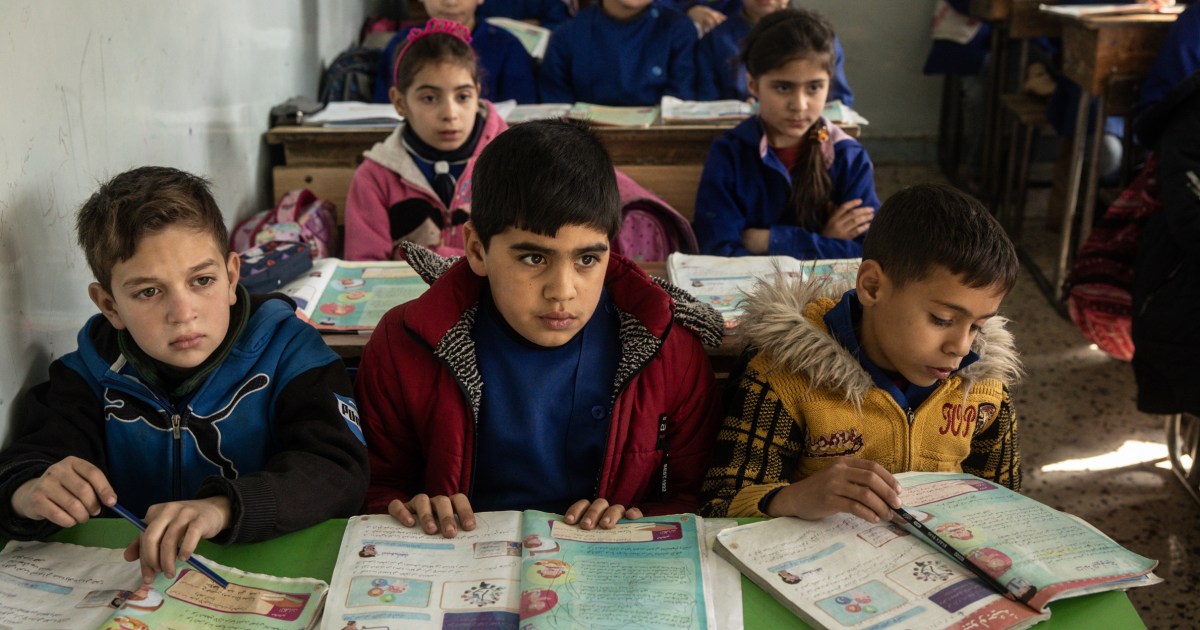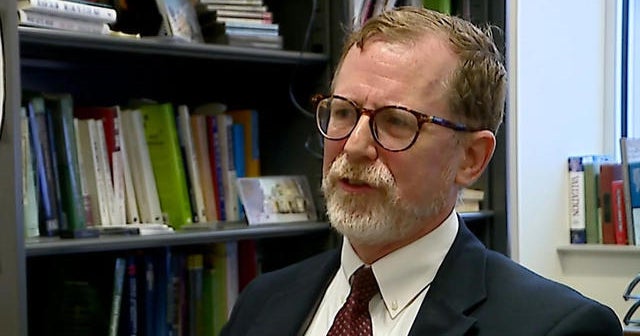Unraveling Unity: The Controversy Over Syria’s Revised School Curriculum
In recent months, changes to Syria’s school curriculum have sparked significant controversy, highlighting the delicate balance of unity within a nation still grappling with the aftermath of a prolonged civil war. The revised curriculum aims to reshape the educational landscape, but it has ignited widespread discontent among various stakeholders. This article delves into the implications of these educational reforms, exploring the underlying tensions and the potential impacts on Syria’s fragile unity.
The Context of Educational Reforms in Syria
Syria’s educational system has undergone numerous transformations over the years, particularly in response to the civil war that began in 2011. As the country continues to recover from years of conflict, the government has sought to introduce a revised school curriculum that aligns more closely with its current political and ideological objectives. However, this initiative has not been without controversy.
The Syrian government asserts that the new curriculum is designed to foster national identity and unity among the youth. Yet, many critics argue that the changes are politically motivated and serve to further entrench existing divisions within the country. As the conflict has led to a fragmented society, the educational content and its delivery have become battlegrounds for competing narratives.
Reactions from Various Stakeholders
The response to Syria’s revised school curriculum has been mixed, with a wide range of opinions from parents, educators, and civil society organizations. Here are some key perspectives:
- Parents: Many parents express concerns that the curriculum promotes a narrow ideological perspective, which may not reflect the diverse backgrounds of Syrian students. They fear that this could alienate certain groups and exacerbate existing tensions.
- Educators: Teachers are caught in a challenging position. While some believe that a unified curriculum can help restore a sense of national identity, others worry about the lack of academic freedom and the pressure to conform to state-approved narratives.
- Civil Society Organizations: Various NGOs and advocacy groups have criticized the curriculum as a tool for propaganda. They argue that education should promote critical thinking and inclusivity rather than reinforce divisive ideologies.
The Specific Changes in the Curriculum
The revised curriculum includes several notable changes that have drawn attention:
- Nationalist Themes: The curriculum emphasizes themes of nationalism, portraying the state as a bastion of unity in the face of external threats. Historical events are presented in a manner that glorifies the regime’s role in maintaining stability.
- Language and Literature: Changes in language and literature texts aim to instill a sense of pride in Syrian identity. However, critics argue that this approach marginalizes the contributions of various ethnic and religious groups within the country.
- Science and Mathematics: While the subjects of science and mathematics have remained relatively unchanged, the integration of political ideologies into these disciplines has raised eyebrows among educators.
Implications for National Unity
The controversy surrounding Syria’s revised school curriculum raises important questions about national unity and identity. Education plays a crucial role in shaping the values and beliefs of future generations, and the way history and culture are taught can either bridge divides or deepen them.
As stakeholders voice their concerns, it becomes increasingly evident that the implications of these educational reforms extend beyond the classroom. A curriculum perceived as exclusionary or biased could hinder efforts toward reconciliation and social cohesion in a post-conflict Syria. Unity, after all, is not merely a matter of nationalistic rhetoric; it requires an inclusive approach that recognizes and respects the country’s diverse heritage.
The Role of International Community
The international community has a significant role to play in addressing the challenges posed by Syria’s revised school curriculum. Diplomatic engagement and support for inclusive educational initiatives can help foster a more cohesive society. Here are some potential avenues for action:
- Encouraging Dialogue: International organizations can facilitate discussions among various stakeholders, including government officials, educators, and civil society representatives, to promote a more inclusive educational framework.
- Supporting Educational Reform: Providing technical assistance and funding for educational reforms that prioritize inclusivity and critical thinking can help reshape the curriculum in a more constructive manner.
- Monitoring Implementation: Establishing mechanisms to monitor how the revised curriculum is implemented in schools is essential to ensure that it does not perpetuate division or discrimination.
A Path Forward for Syria’s Education System
As the controversy over Syria’s revised school curriculum continues to unfold, it is crucial for all stakeholders to come together in pursuit of a more unified approach to education. Here are some strategies that could pave the way for a more inclusive educational environment:
- Community Involvement: Engaging local communities in the curriculum development process can ensure that diverse perspectives are represented and respected.
- Teacher Training: Providing professional development for educators on inclusive teaching practices can empower them to deliver the curriculum in a way that promotes understanding and respect among students.
- Promoting Critical Thinking: Encouraging critical thinking and open dialogue in classrooms can help students navigate complex issues and foster a sense of agency in shaping their own identities.
Conclusion: The Future of Unity in Syria
In conclusion, the controversy over Syria’s revised school curriculum serves as a microcosm of the broader challenges facing the nation. As stakeholders from all walks of life express their concerns, the need for a balanced and inclusive approach to education becomes increasingly clear. The road to national unity will undoubtedly be fraught with challenges, but by fostering dialogue, inclusivity, and critical thinking in education, Syria can take significant steps toward healing and reconciliation.
Ultimately, the success of these reforms will depend not only on the curriculum itself but also on the willingness of all stakeholders to prioritize unity and understanding in a nation still learning to navigate its complex identity.
See more TED Talks World



